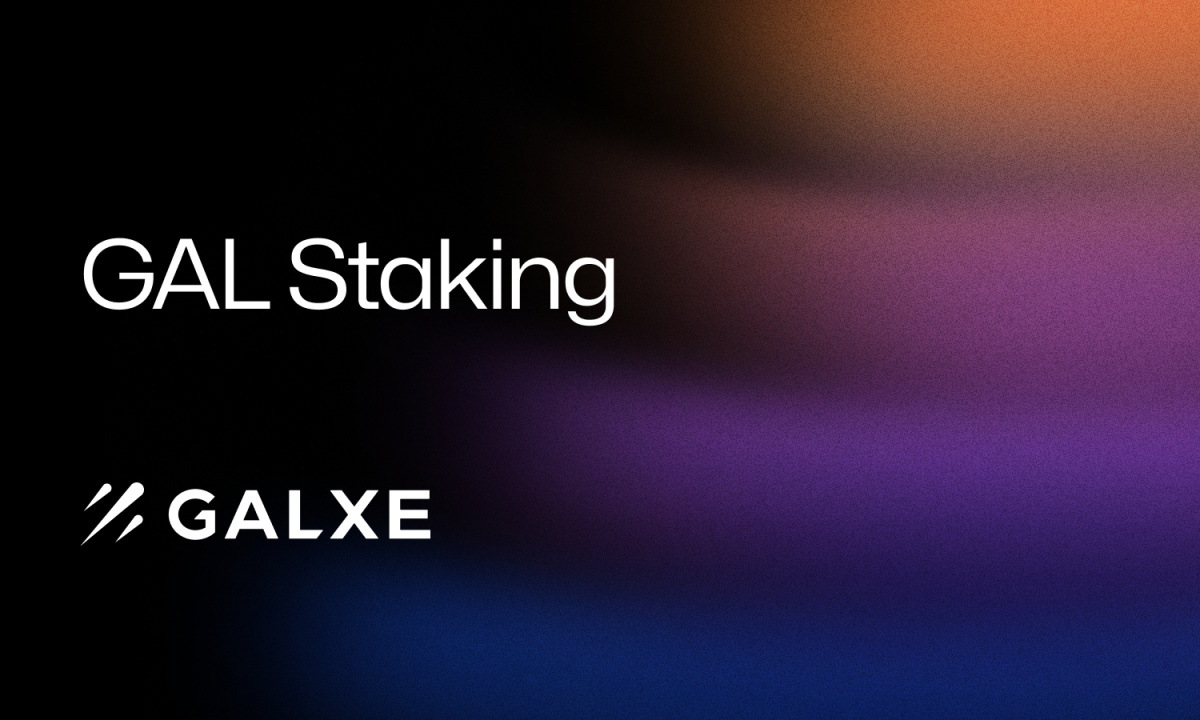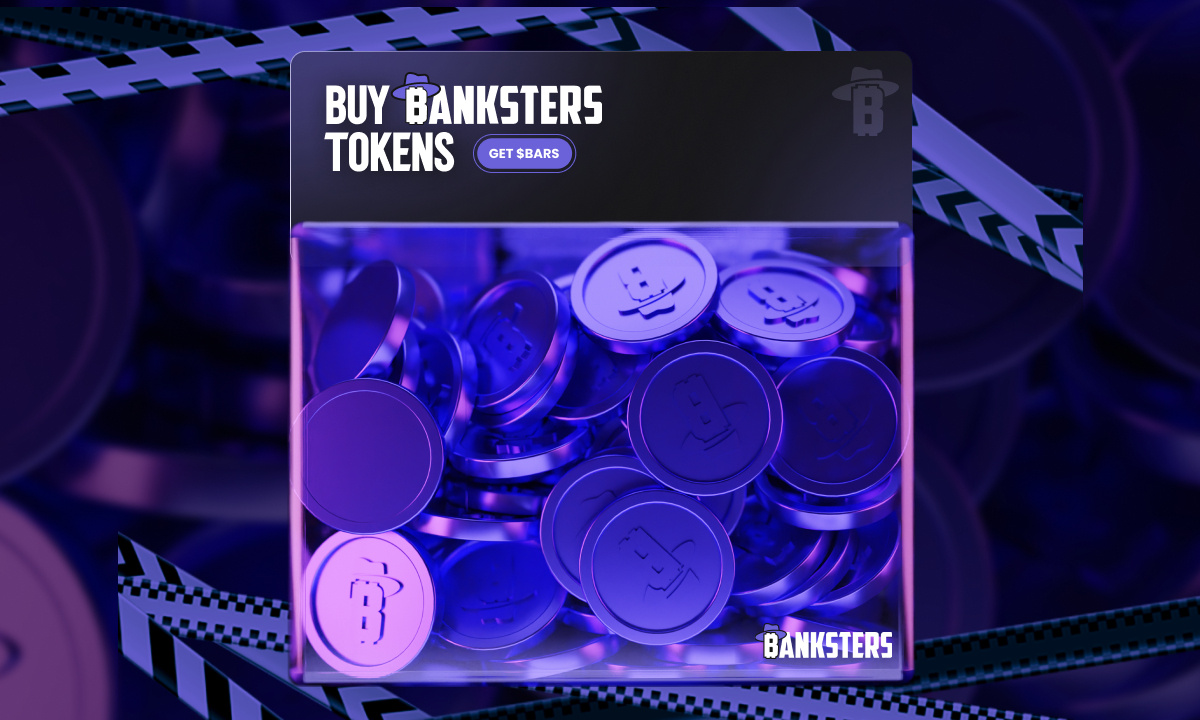Polygon Proposes Hard Fork To Reduce Reorgs And Gas Spikes
Key Points:
- Polygon Labs looks to be going through with plans to hard-fork the network early next week after a contentious community discussion last month.
- Polygon uses a proof-of-stake algorithm and has far lower gas costs than the Ethereum mainnet.
- Polygon token MATIC will not need to take any action, however all Polygon node operators must upgrade their nodes by January 17 in order to get ready for the hard fork.
- Polygon node operators must upgrade their nodes by January 17 in order to get ready for the hard fork. Web3 games and other decentralized applications (dapps) won’t also need to do anything.
According to a blog post on Polygon’s website on Thursday, Polygon Labs looks to be going through with plans to hard-fork the network early next week after a contentious community discussion last month.
In the post, Polygon Labs asserts that the hard fork, scheduled to take place on January 17, will aid in preventing network gas tax increases and address chain reorganizations, or “reorgs.” Hard forks, in contrast to soft forks, are not backward-compatible and necessitate that all network node operators update to the most recent software at a predetermined period.
While some hard forks are divisive, others are merely significant network enhancements.
An Ethereum sidechain called MATIC uses a proof-of-stake algorithm and has far lower gas costs than the Ethereum mainnet. It is not, however, impervious to traffic peaks that can slow the network. When the NFT game “Sunflower Farmers” jammed its network last year, Polygon experienced its own “CryptoKitties” moment.
By increasing the “BaseFeeChangeDenominator” set by two, MATIC claims would “help smooth out the increase/decrease rate in baseFee for when the gas exceeds or goes below the specified gas limits in a block,” gas fee spikes will be reduced.
Because it has backtested the patch “against historical Polygon PoS mainnet data,” MATIC in is confident that it will function.
Chain reorgs, however, are another issue that MATIC hopes to reduce with the hard fork update. Blockchain networks might momentarily split in two due to reorgs, which can happen as a result of network issues or malicious assaults. As long as the reorg is ongoing, this may result in lost or duplicate transactions. The Beacon chain of Ethereum had a reorg last year that left the network open to attack and had the potential to result in thousands of dollars worth of duplicate transactions.
“It is still prevalent and a cause for concern among dapp developers,” said Mateusz Rzeszowski, MATIC governance facilitator, of reorgs. “One of the ways identified to mitigate the issue is to reduce the sprint length from the current 64 blocks to 16 blocks.”
This suggestion, if implemented, would reduce the amount of time it takes for a transaction to be confirmed. That could reduce the likelihood of reorgs occurring on the network.
Polygon token MATIC will not need to take any action
Holders of the MATIC will not need to take any action. However, all Polygon node operators must upgrade their nodes by January 17 to prepare for the hard fork. Web3 games and other decentralized applications (dapps) won’t also need to do anything.
Following the news of the Polygon hard fork, a sarcastic AI-powered bot employing GPT-3 voiced its opinion on Twitter.
DISCLAIMER: The Information on this website is provided as general market commentary and does not constitute investment advice. We encourage you to do your research before investing.
Join us to keep track of news: https://linktr.ee/coincu
Website: coincu.com
Annie
Coincu News



















